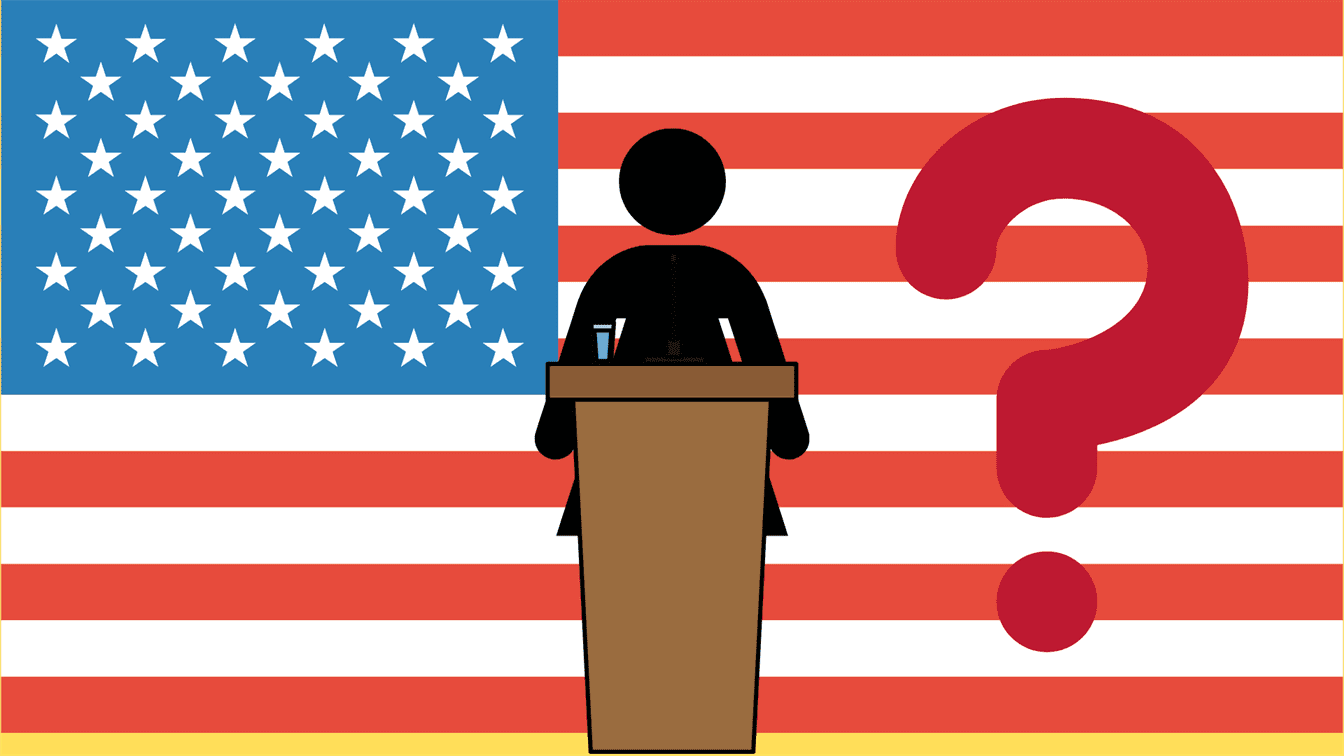The build up to the 2020 presidential election has led to increasingly pointed media coverage over each candidate’s plans for beating Donald Trump, views on gun violence and plans for combating the environmental crisis.
Oh, sorry. Those are just for the male candidates.
The female candidates have been covered with a variety of pieces asking if they are liked well-enough or if America is even ready for a woman president at all.
Is America ready for a woman president? https://t.co/XDDry1D74d pic.twitter.com/nYCCORfRSx
— Forbes (@Forbes) May 26, 2019
I’m really tired of reading pieces which argue that after 230 years, we still might not be ready for a woman to be president.
The dichotomy between how men and women are portrayed in the media is nothing new, but this seemingly innocuous question feels particularly oppressive because posing it in the first place implies that the answer could be no.
It’s a disservice to all of the female candidates to imply that they might not be a suitable president simply because of their rather unfortunate possession of two X chromosomes.
Asking if we are ready for a female president is a subtle way of undermining women and detracting them from their qualifications and policy plans in favor of focusing on their gender, which shouldn’t be a point of discussion at all.
This question has even found its way onto the debate stage. One such example is when Senator Gillibrand had to field a question in the middle of a debate in July.
“Is it time for a female president?”
We don’t expect her to respond with anything other than a resounding “Yes,” so the question offers us no insight or new information to bring to the polls.
The purpose of asking a question is to learn something new. If we already know what the answer is going to be, then we’re just asking for the sake of asking.
At that point, the question only serves to uphold the idea that we might not be ready for a female president, while taking time away from the female candidates to answer more insightful questions.
The result is a vicious cycle in which we doubt the efficacy of female leaders while failing to give them a platform to showcase their candidacy in the same way their male peers do. Voters care about what candidates plan to do in office, and if male candidates can answer more policy-based questions than female candidates, they have more opportunities to give voters information that effect their decision.
https://twitter.com/LucianaLamb/status/1201835924465889281
It is also important to note that we question if America is ready for a female president, not if any other nation is. Scores of intelligent women have lead other countries with success, yet a country that prides itself on being a pinnacle of freedom and innovation doubts that a woman can lead it.
Questioning someone’s ability to lead because of their gender (or race, sexual orientation or any of the other factors some people inexplicably correlate with leadership ability and candidacy) is viciously close minded and runs in direct opposition to America’s core ideals.
If you believe America isn’t ready for a female president then essentially you are saying we are socially inferior to the UK, New Zealand, the Netherlands, Germany, India, Israel, Sri Lanka, amongst many other countries that have had elected female leaders, some many decades ago.
— Kai (@UnderAntares) June 28, 2019
What would Americans have to do to get, “ready” for a female president anyway?
Do we need to buy new furniture? Do we need to go grocery shopping? Or would we just have to re-consider how we perceive power and the deep rooted biases we hold against women leaders?
I hope to see a change in how we discuss female candidates moving forward, because we all lose when we insinuate that we aren’t ready to have a woman in the Oval Office.
The truth of the matter is we don’t need to ask if we’re ready for a female president. The majority of Americans voted for one in 2016.



